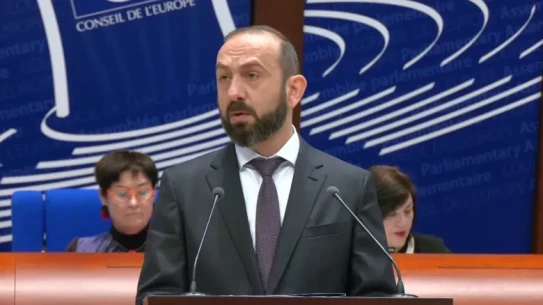Some cognitive tests can detect the signs of glioma, one of the most common and dangerous brain tumors, even before obvious symptoms appear. Cambridge University scientists came to this conclusion. The study was published in the journal PLoS One.
Scientists analyzed data from 17 previously published studies that evaluated the accuracy of cognitive tests as predictive tools for brain tumors.
The results showed that more than half of the methods used to assess memory, attention, language and thinking speed could reliably detect differences between glioma patients and healthy controls.
The most effective test was the short Montreal Cognitive Assessment (MoCA), which takes only a few minutes and can be administered by general practitioners. It was able to effectively distinguish the brain functions of patients with tumors from those of the control group. According to scientists, MoCA can become a promising tool for early screening.
The authors emphasize that cognitive tests can be an important adjunct to primary diagnosis, helping doctors quickly refer patients for MRI and other tests. However, further research is needed to implement these methods in clinical practice to evaluate their accuracy and reliability in real clinical practice.
Translation by Euromedia24.com


























